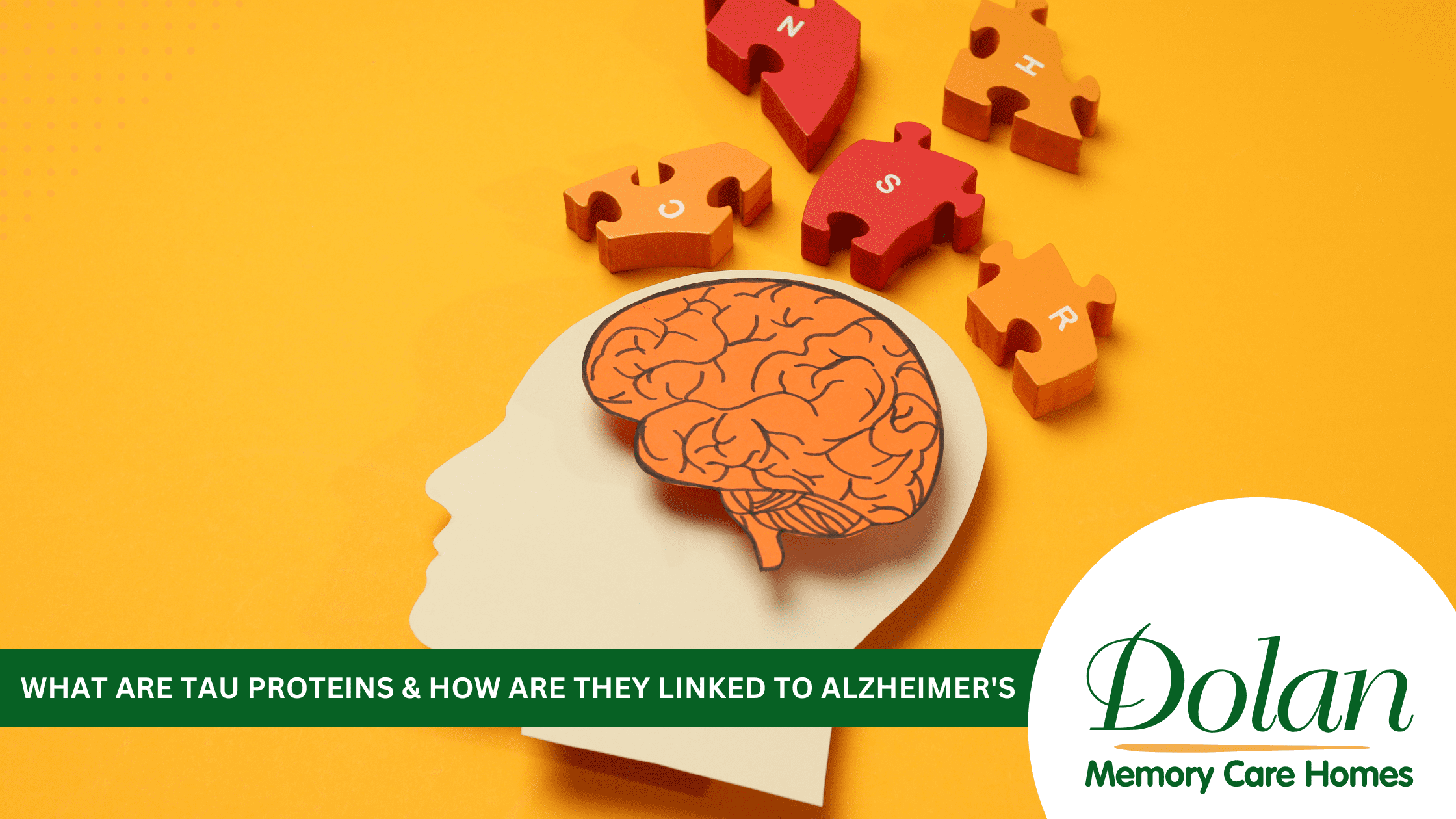As we age, our hearing worsens; this is a normal part of the aging process. Hearing loss has become one of the most prevalent disorders amongst the aging population. This common condition can lead to stigmatization of a person and may make it difficult for individuals who have hearing loss to get the help they need. Almost 76 percent of people who need hearing aids do not have them (Sarant, 2020). Hearing loss can lead to depression, confusion, and uncooperative behaviors (NIH, 2020).
What does this have to do with dementia?
There is developing research in the field that suggests hearing loss could be a leading risk factor contributing to dementia. While studies began to look at the link of dementia and hearing loss in 1989, it wasn’t until a 2017 English-led commission on the risk factors associated with dementia found that hearing loss was the greatest contributing, modifiable, risk factor to prevent or delay the onset of dementia (Livingston et al., 2017). The ubiquity of hearing loss and its nature of being an invisible disorder has led to great misunderstanding in the medical community and in our society. While experts agree preventive measures (wearing of hearing aids, treating hearing loss) cannot treat the plaques and tangles that cause Alzheimer’s disease (these are mostly genetic), they can go a long way towards improving functioning and well-being (Tingley, 2020).
Early intervention can be the best preventative measure. Do your best to monitor the “hearing fitness” of yourself and those you love. From Justin Golub, an ear, nose and throat doctor at the Columbia University Medical Center and New York-Presbyterian “better hearing is better for you and better for your mind. If you tell a college student, ‘Don’t blast your ears with loud noise because when you’re 70 and you have a lot of hearing loss, you’re at an increased risk of dementia,’ they’re not going to care about that. But if you say, ‘Hey, hearing is good for your brain, the more hearing you have is better,’ that has immediate implications (Tingley, 2020).”
What can we do?
If you or a family member have hearing aids, wear them. Encourage and affirm the person for taking this step.
Like many aspects of health care in our country, hearing aid resources are not equitable in our country. The Medicare Hearing Act of 2019 which passed through the U.S. House last year is a step to making hearing aids, hearing rehabilitation and treatment services available to more, but not all.
References
Gifford, R. H. (2018). Hearing Health Care for All. cdn.journals.lww.com
doi: 10.1097/01.HJ.0000542419.85807.bd
Hearing Loss: A Common Problem for Older Adults. (n.d.). Retrieved from https://www.nia.nih.gov/health/hearing-loss-common-problem-older-adults
Livingston, G., Sommerlad, A., Orgeta, V., Costafreda, S. G., Huntley, J., Ames, D., … & Cooper, C. (2017). Dementia prevention, intervention, and care. The Lancet, 390(10113), 2673-2734.
Sarant, J., & University of Melbourne. (2020, February 2l6). A hearing aid could help your brain. Retrieved from https://pursuit.unimelb.edu.au/articles/a-hearing-aid-could-help-your-brain
Tingley, K. (2020, February 20). Can Hearing Aids Help Prevent Dementia? Retrieved from https://www.nytimes.com/2020/02/20/magazine/hearing-loss-dementia-alzheimers.html





